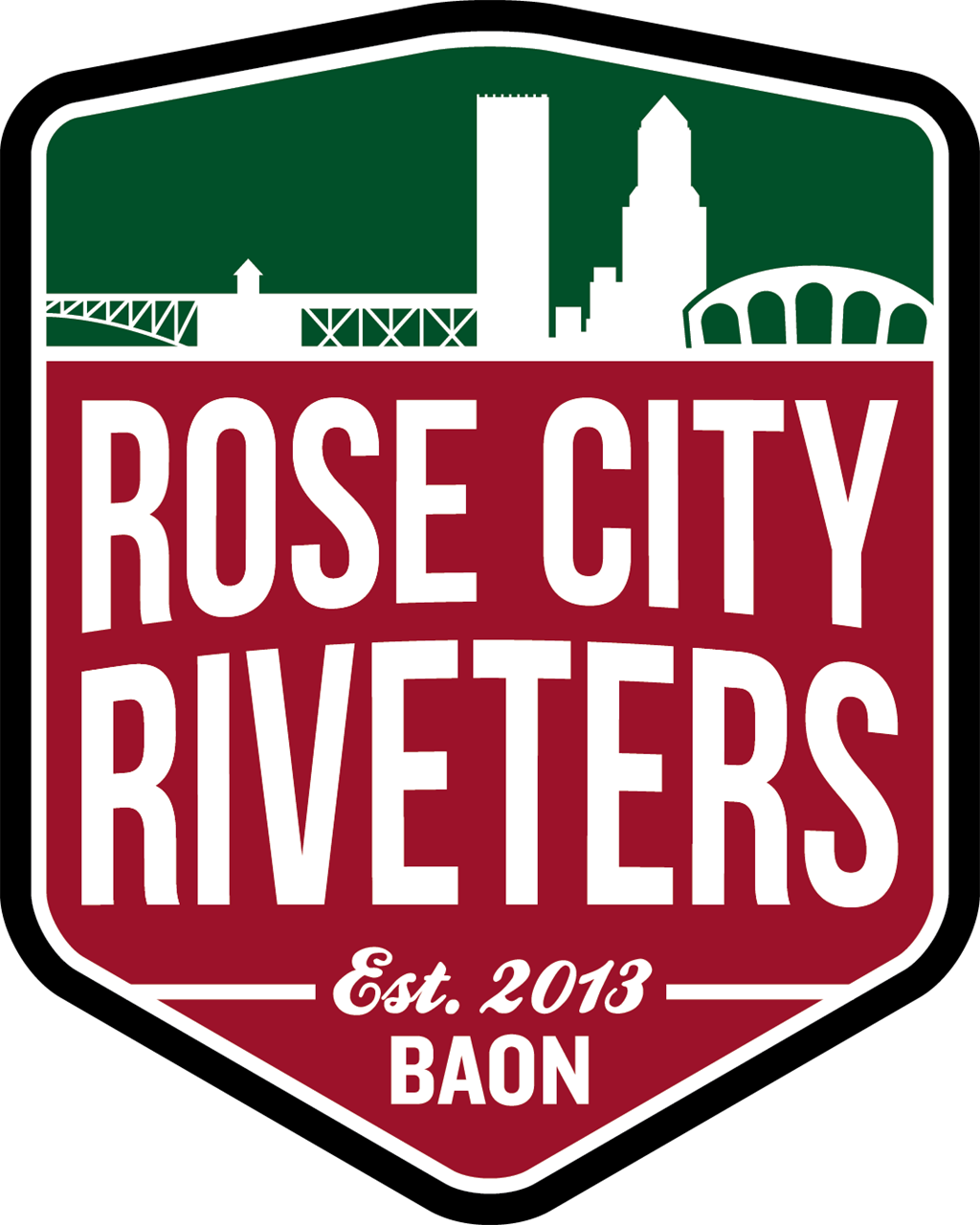—by Chris Rifer
Mark Geiger got the red card on Donovan Ricketts absolutely wrong.[1] The correct call was a yellow card on Deshorn Brown.
After Dillon Powers played a 68th minute ball over the top in the direction of Deshorn Brown, Ricketts and Brown were placed on a collision course to the ball. The first bounce in unkind to Brown, however, and the ball skipped away from him and toward Ricketts.
In this split second, both Ricketts and Brown had crucial decisions to make. Brown could either pull out of the play and try to evade the collision, or he could challenge for a ball he really didn’t have a realistic chance of winning. Ricketts, on the other hand, had to decide how to go in for the ball. One choice was, in traditional goalkeeper fashion, to dive in headfirst and gather with his hands. This option presented a better chance of securing the ball, but carried substantial risk for the goalkeeper.[2] The other option was to jump in feet-first and try to clear the ball away. This option, while safer for the keeper, is much more dangerous for the attacker as a high boot is inevitable when the ball is bouncing.
Brown chose to challenge withot in the air for a ball that, by the time Ricketts arrived, is the better part of a yard away from him. Ricketts chose the self-preservation option and went in feet-first, perhaps getting unlucky to catch a hard boot to the knee. The elder Jamaican got there first, but, because he tried to tackle a bouncing ball with an attackers boot bearing down on his head, whiffed or perhaps got only a very glancing touch on the ball on its way through his legs.[3] Ricketts’ high boot catches Brown in the thigh on the way by and Geiger accordingly pulled a red card for the keeper.
 Take a step back. Who was issued the card here?
Take a step back. Who was issued the card here?
Geiger apparently adjudged Ricketts made the wrong choice. But this decision is betrayed by two indisputable facts. First, Brown had not made a touch on the ball when Ricketts arrived; the last player to touch the ball was Dillon Powers when he hit his pass over the top. Second, the ball was Ricketts’ to win – he’s clearly there first. So Geiger effectively punished Ricketts for making an impossible decision between risking serious injury to himself or to Brown.[4]
Thus, the last person to make a choice was Geiger. On one hand, Geiger could have imparted a duty on Ricketts to choose to sacrifice himself, increase his chance of making the play, and mitigate the danger for his opponent. On the other, he could have imparted a duty on Brown to avoid going in for a hopeless challenge that brings to the fore Ricketts’ catch-22 between self-preservation and making the play. Geiger chose the former. The latter, however, is the only option that protects a helpless goalkeeper in this situation.
Onward, Rose City.
[1] Granted, I changed my mind from Geiger’s persuasion after watching the replay a dozen or so times in slow motion, so I’m not really one to be moralistic here.
[2] Coincidentally, the opposing goalkeeper in that game was Donovan Ricketts.
[3] If you watch frame-by-frame, it looks like the trajectory of the ball may have changed very slightly. In any event, if Ricketts got a touch, it was only nominal one.
[4]And a catastrophic erroneously issued card for Ricketts.


